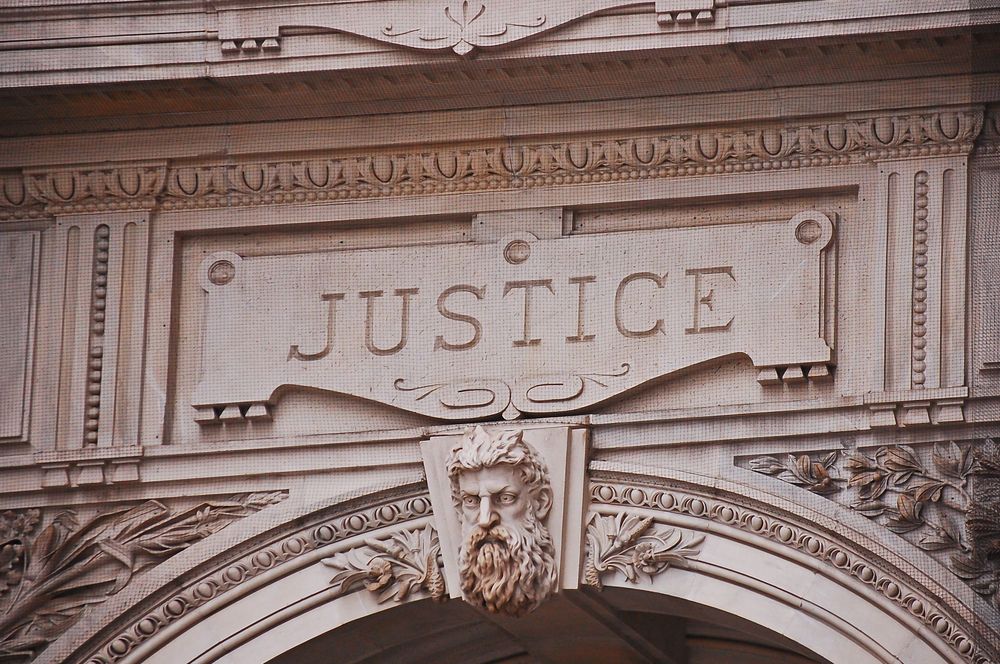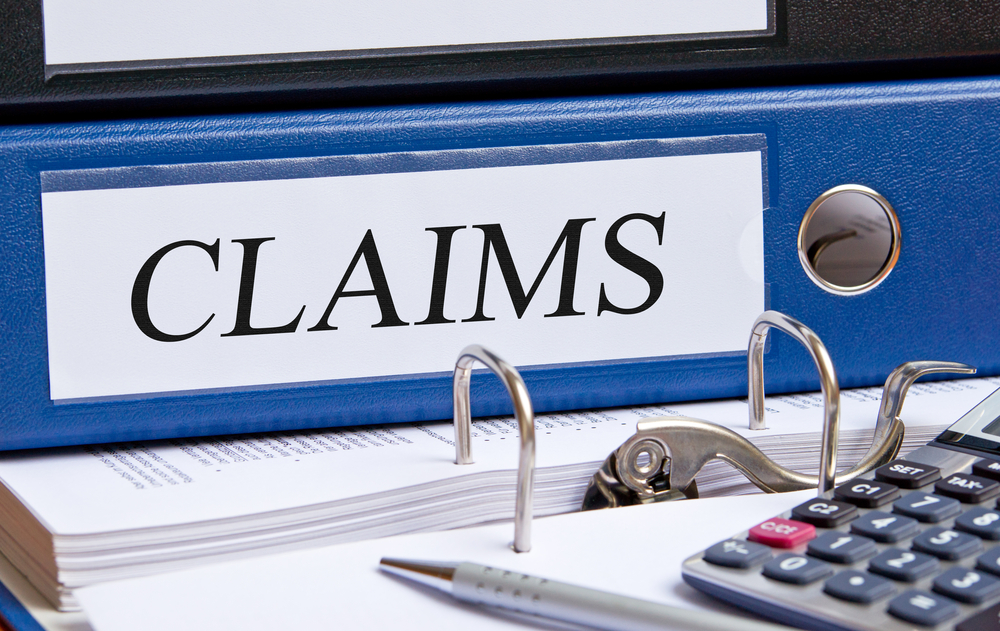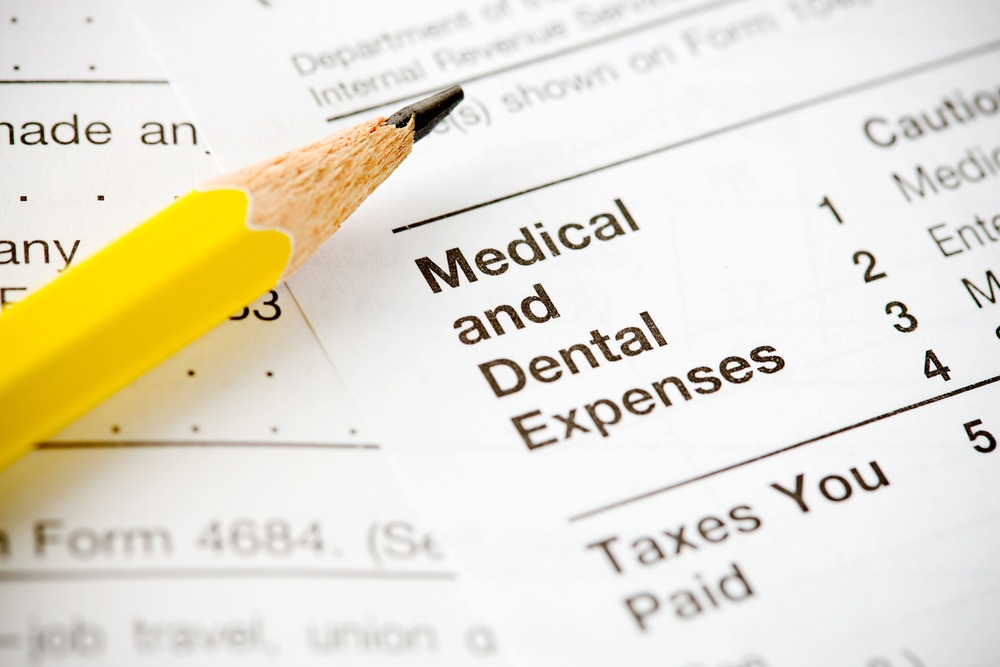Suffering an injury can be an extremely stressful experience, especially when it happens in a public space or due to circumstances beyond your control.
If you find yourself in such a situation in Philadelphia, you might wonder about your options for seeking justice and compensation. Can you sue the city of Philadelphia for an injury?
The answer is yes, but there are specific conditions and procedures to follow, and you should consider hiring a Philadelphia personal injury lawyer to assist with your claim.
Get A Free Consultation Today!
What Does Sovereign Immunity Mean for Filing a Claim Against the City of Philadelphia?

Sovereign immunity is a legal doctrine that traditionally shields government entities from being sued for performing their governmental functions. However, it's not an absolute barrier; the State of Pennsylvania, recognizing the need for accountability and justice, has carved out exceptions that allow individuals to pursue claims against local governments, including cities like Philadelphia, under specific circumstances.
Breaking Down Sovereign Immunity in Philadelphia
In Philadelphia, as in the rest of Pennsylvania, the Political Subdivision Tort Claims Act outlines the framework and exceptions where sovereign immunity does not apply, giving people the pathway to seek redress for injuries or damages under certain conditions. This act is a piece of legislation that potential claimants must understand when considering legal action against the city.
Regulations and Timelines for Filing a Claim
Filing a claim against the City of Philadelphia requires adhering to specific regulations and timelines:
- Notice of Claim: One of the most important steps is submitting a Notice of Claim to the city. Under Title 42 of the Pennsylvania Consolidated Statutes, Section 5522, you must complete this within six months from the date of the injury. The notice should include detailed information about the incident; the injured party claims damages.
- Documentation and Evidence: Collect and maintain thorough documentation of the incident, your injuries, and any related expenses. This includes medical records, photographs of the injury or the scene, witness statements, and other evidence supporting your claim.
- Legal Representation: A knowledgeable Philadelphia personal injury attorney can provide valuable assistance in ensuring that your claim complies with all legal requirements, timelines, and procedures, increasing the chances of a successful outcome.
When Can You Sue the City?
There are situations where a local government entity, like the city of Philadelphia, may be liable for damages. These exceptions include:
Vehicle Accidents Involving City-Owned or Controlled Vehicles
The City of Philadelphia operates various vehicles, from police cars and fire trucks to sanitation vehicles and public transportation buses. If a city-owned or controlled vehicle injures you in an accident, you may have grounds for a claim.
If this happens to you, document the incident thoroughly, including obtaining the vehicle identification and any available reports or witness statements. These cases often hinge on proving that the city vehicle was at fault, which requires a detailed investigation.
Property Damages and Injuries on City-Controlled Real or Personal Property
Public spaces in Philadelphia, such as parks, buildings, and recreational facilities, are meant to be safe for everyone. However, you may be eligible to file a claim if you suffer an injury or property damage due to the city's negligence in maintaining these spaces. For example, if a poorly maintained sidewalk in a city park leads to a fall resulting in injury, the city might be liable.
Utility Service Facilities: Streets, Sidewalks, Traffic Controls, and Public Utilities
Philadelphia's infrastructure, including its streets, sidewalks, traffic signals, and public utilities, falls under the city's jurisdiction. The city can be responsible if an injury occurs because of issues like a malfunctioning traffic light, a damaged sidewalk, or problems related to public utilities (such as water or sewer lines).
Evidence of the defect and its role in causing the injury is necessary, alongside any reports made to the city about the hazard before the incident.
Special Conditions: Trees, Traffic Controls, and Street Lighting
The City of Philadelphia is also responsible for maintaining certain "special conditions" that can lead to injuries. This includes the care of trees along city streets, properly functioning traffic control devices, and adequate street lighting.
For instance, if a falling branch from a poorly maintained city tree causes injury or an accident occurs because of inadequate street lighting or faulty traffic signals, these can form the basis of a claim against the city.
Proving negligence in these cases often requires demonstrating with the help of a Philadelphia personal injury lawyer that the city knew or should have known about the hazardous condition and failed to take appropriate action.
Steps to Take to Sue the City of Philadelphia
If you believe you have a case against the city of Philadelphia, there are specific steps and timelines you must follow:
Notice of Claim
The Notice of Claim is one of the initial steps in the legal process. It formally informs the City of Philadelphia of your intention to pursue a claim against it for injuries or damages you've suffered.
Under Pennsylvania law, individuals intending to sue a local government entity must file a Notice of Claim within a specified timeframe, typically six months from the date of the incident. This requirement ensures that the city has adequate notice of the claim and can investigate the allegations accordingly.

Your Notice of Claim should be detailed, including:
- A comprehensive description of the incident and how it occurred
- The specific location and date of the incident
- The nature of your injuries or damages
- Claiming a list of damages
This document lays the groundwork for your case, so it's important to be as clear and detailed as possible. A Philadelphia personal injury lawyer can guide you while filling out this claim.
Documentation
Documentation is the backbone of your claim. The more evidence you have to support your case, the stronger your claim will be. Relevant documentation may include:
- Photographs of the injury and the scene where the incident occurred
- Medical records that detail the injuries sustained and the treatment received
- Witness statements that corroborate your account of the incident
- Reports to or from the city regarding the hazard or incident before the event
In the context of Pennsylvania law, the evidence must not only support the claim of injury but also demonstrate that the City of Philadelphia or its employees acted negligently or failed to act within the scope of their duties, leading to the incident. A Philadelphia personal injury lawyer can assist in gathering evidence that supports your claim.
Legal Representation
Suing a government entity in Pennsylvania often requires professional legal advice. An attorney experienced in municipal liability can guide you through navigating your claim.
A knowledgeable Philadelphia municipal liability lawyer will:
- Ensure that all procedural requirements, including the Notice of Claim, are met within the required deadlines
- Help gather and organize the necessary documentation and evidence to support your claim
- Represent you in all legal proceedings, negotiations, and potentially in court
A Philadelphia personal injury lawyer can advise on local regulations impacting your case. In Pennsylvania, there are caps on damages recoverable in suits against government entities, and specific types of damages (such as pain and suffering) may be subject to limitations and may not be recoverable except under specific circumstances.
How Long Do You Have to File a Slip and Fall Claim Against the City of Philadelphia?
Suppose you've experienced a slip-and-fall incident within the jurisdiction of the City of Philadelphia and are considering taking legal action. In that case, you'll need to understand the timeline and statute of limitations. Specific legal requirements govern the process and deadlines that must be adhered to for a successful claim.
Initial Notice Requirement
Firstly, for a negligence claim against the City of Philadelphia, it's imperative to notify the city in writing within six months of the incident. This notification is a preliminary step for informing the city of your intent to seek compensation for your injuries. Failing to provide this notice within the six-month window can jeopardize your ability to proceed with your claim.
Filing Your Legal Action
Beyond the initial notice, the statute of limitations governs a broader timeline for filing your lawsuit. Pennsylvania's statute of limitations for personal injury claims, including slip and fall cases against the city, is generally two years from the incident date.
This means you have two years to either settle your claim with the city or initiate legal action by filing a writ of summons or civil complaint in court with the help of a Philadelphia personal injury lawyer. If this deadline passes without action, you lose the legal right to seek compensation for your injuries.
The Importance of Timely Legal Consultation
Considering these strict deadlines, consulting with a Philadelphia municipal liability attorney as soon as possible after your injury is advisable. An experienced Philadelphia slip-and-fall attorney can:
- Make sure to give timely and proper notice to the city within the six-month requirement.
- Conduct a thorough investigation of your claim, including collecting evidence and consulting with professionals.
- Navigate the difficulties of legal proceedings against a government entity like the City of Philadelphia.
Waiting too long to seek legal advice can limit your Philadelphia slip-and-fall attorney's ability to gather evidence, consult with necessary professionals, and, most importantly, meet the critical deadlines for notice and filing set by law.
What Are the Limitations on Damages in Injury Claims Against the City of Philadelphia?
When pursuing an injury claim against the City of Philadelphia, it's crucial to note that PA law imposes specific limitations on the types of damages recoverable and the total compensation available. These restrictions can significantly impact the outcome of your claim.
Cap on Damages
PA law actively caps the total damages municipalities, including Philadelphia, can incur at $500,000 in aggregate. This cap applies to the total amount available to be divided among all claimants in cases where multiple individuals suffered an injury in a single incident.
Types of Recoverable Damages
Under Section 8553(c) of the Pennsylvania Tort Claims Act, the law narrowly defines the scope of allowable damages. Claimants can seek compensation for:

- Past and Future Loss of Earnings and Earning Capacity: Compensation for lost income and the potential loss of future earnings due to the injury.
- Pain and Suffering: Recovery for pain and suffering is limited and only permissible under certain conditions, such as:
- In the event of death.
- In cases involving permanent loss of a bodily function, permanent disfigurement, or permanent dismemberment, provided that the medical and dental expenses exceed $1,500.
- Medical and Dental Expenses: Includes medical and dental care costs for diagnosis, treatment, and recovery. This encompasses expenses for services deemed reasonable and necessary, such as prosthetic devices, ambulance services, hospital stays, professional nursing, and physical therapy.
- Loss of Consortium: Compensation for the loss of companionship and support provided to their spouse by the injured party.
- Loss of Support: Compensation for the financial support lost due to the injury, particularly relevant in wrongful death claims.
- Property Losses: Reimbursement for the damage or loss of property resulting from the incident.
Special Considerations for Pain and Suffering
The act's provisions particularly narrow the ability to claim compensation for pain and suffering. Victims are generally barred from recovering for pain and suffering unless the injury results in death or involves a permanent and significant impact, such as the loss of bodily function, disfigurement, or dismemberment, with associated medical expenses exceeding $1,500.
Contact a Philadelphia Municipal Liability Attorney
While the prospect of suing the city of Philadelphia for an injury might seem overwhelming, it is possible under specific conditions.
Understanding your rights, the applicable laws, and the necessary steps to take can help pursue justice and compensation for your injuries. If you find yourself in such a situation, seeking the advice and representation of a Philadelphia personal injury attorney is highly recommended.
Remember, every case is unique. If you or a loved one has suffered an injury and you believe the city of Philadelphia may be at fault, always contact a personal injury attorney. They can discuss your specific circumstances, assess the potential fault of the city, and guide you in exploring the legal options available to you.
